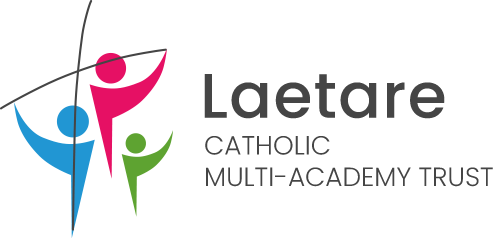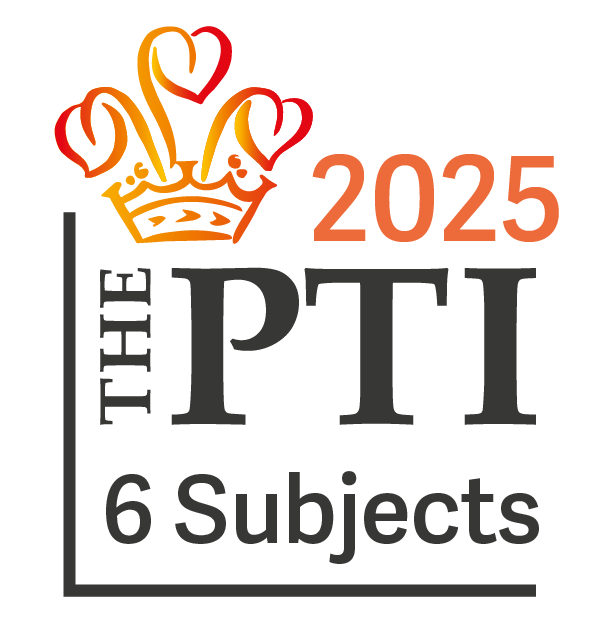Scholarship
In September 2017 a new Assistant Principal post was created at St Edward’s, with the brief “Sixth Form and Scholarship”. As part of this brief and alongside the day-to-day running of the Sixth Form, we are undertaking to produce a concise summary each year of the activities that contribute to the status and pursuit of scholarship within the St Edward’s community. The school’s curriculum and daily lessons naturally contribute enormously to the development of scholarship in our pupils, students and staff more than anything else. This document takes as its focus those additional initiatives that are beyond, but relevant to, the normal scope of the curriculum; the “super-curricular”.
SCHOLARSHIP GOOD SHARING PRACTICE GROUP
One of four Sharing Good Practice Groups established in September 2018, this group of staff meets several times a term to share successes and ideas from their departments. The group includes two Heads of Faculty, five Heads of Department, teaching staff from every Faculty and a member of our Learning Support team. During its first term, the groups sessions have included, for example, a focus on the development of higher order thinking through “Thinking Interdisciplinarily” and training led by the English Faculty on how they have used blogs on Firefly (the College’s online learning platform) to encourage independent reading and discussion. In its first session, the group agreed on the following points as facets of “scholarship”, which can also be seen as relevant to the Assistant Principal’s brief.
• Building independence
• Building written and verbal communication skills
• What do you think and what is it based on?
PRINCIPAL'S AWARD SCHEME
The aim of the Scheme is to encourage pupils to excel in a holistic way through a broad range of extra-curricular activities. The Award will is run for Year 8 and 9 pupils only and will culminate in an exciting trip to London for those who satisfactorily fulfil all of the four necessary requirements.
Alongside the compulsory 'Oxplore sessions', designed to develop independent thinking and strengthen critical analysis skills, all pupils will have a variety of options in the other components. They could pursue a Sport, Music or Charity oriented component throughout the duration of the Award. There will also be a research project requirement of 1000 words in length on a topic of the students’ own choosing. A relevant Sixth Form Prefect acts as the supervisor for the pupil to help forge strong links throughout the school community.
HIGHER PROJECT QUALIFICATION (HPQ)
This AQA GCSE-level award is a research-based qualification aimed at pupils in Years 10-11. Pupils select a topic of interest to them and, under the supervision of a member of staff, produce a 2000-word assignment and, crucially, a log of their own independent research and reflections on how their project has developed, what they have learned about research and how this has affected their original ideas. Pupils sign up for the project in the Advent Term of Year 10 and complete it, including a 25-minute presentation to their peers and to staff, in the Advent Term of Year 11. Our first cohort initially comprised of over 30 pupils, 8 of whom have carried out the considerable amount of work needed to follow their projects through to completion. Due to the high demands of this entirely voluntary endeavour during the busy GCSE years, we anticipate similar proportions each year but consider that many of those who never complete their projects will nonetheless benefit from the experience of learning how to carry out their own research. The HPQ is notionally worth half a GCSE but its true value to participants is in their development as scholars.
SIXTH FORM HONOURS PROGRAMME
Introduced in September 2017, this initiative targets those students who achieved seven or more GCSEs at grade 7 or higher and should therefore be considering applying to the most selective and competitive university courses. It includes aspiration-raising visits to universities (Oxford, Cambridge, Durham, York and selected London universities), talks, small group and one-to-one work on developing the super-curricular interests over-subscribed courses are interested in, personal statement and application advice and tailored preparation for university entrance tests and interviews. Aimed at the most able but open to all, the programme also benefits from the input of the consultancy group Oxbridge Applications.
EXTEND PROJECT QUALIFICATION (EPQ)
The EPQ is similar in concept to the HPQ but is a more advanced version of the qualification that is at the same level as A Levels. Our students begin their projects in the Trinity Term of Year 12 and complete it during Year 13. The project is longer than the HPQ (5000 words) and more advanced skills of analysis and evaluation are required but is otherwise structured in the same way; a topic of interest to students, a project supervisor, a written log detailing and reflecting on the process of research, a written project and a presentation to an audience of students and staff. Worth half the UCAS points of an A Level, the EPQ is highly regarded by universities, who sometimes include it as part of the conditional offers they make and also value it for the research skills and independence that it fosters. Completed of their own volition and in collaboration with staff in their specialist areas, these projects represent the finest example of super-curricular scholarship at St Edward’s.
ST EDWARD'S SCHOLARSHIP ANNUAL
This new publication, the first edition of which was published in June 2019, is a collection of some of the best examples of scholarship at St Edward’s, including a selection of the our best HPQ and EPQ projects. It is available around the College and by clicking here to promote aspiration among our pupils and students and showcase their scholarship, of which we are so proud.










